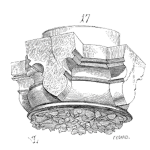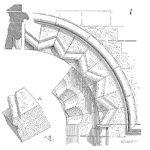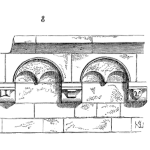
In this video, Hemant Urdhwareshe explains basic concepts of Fractional Factorial Design, Confounding or Aliasing and Resolution of designs. View earlier videos in this series: Introduction, Application, Coded and Uncoded Values, and a Case study.
Hemant is a Fellow of American Society for Quality (ASQ) and is certified by ASQ as Six Sigma Master Black Belt (CMBB), Black Belt (CSSBB), Reliability Engineer (CRE), Quality Engineer (CQE) and Manager of Quality and Organizational Excellence (CMQ/OE).
The video would be useful to all those who wish to learn about use of fractional factorial designs to reduce number of runs in experiments. It will be also be greatly useful for preparing ASQ certification exams!
[Read more…]










